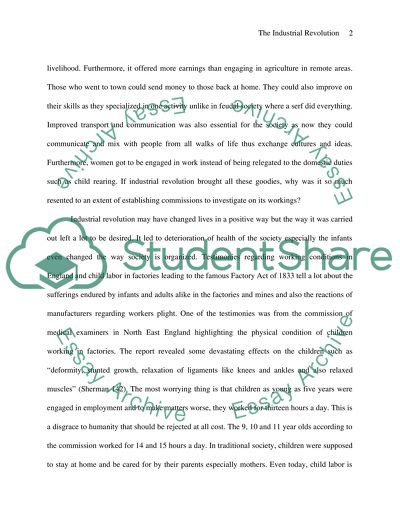Cite this document
(“Early Modern European History Essay Example | Topics and Well Written Essays - 1750 words”, n.d.)
Retrieved from https://studentshare.org/history/1494490-early-modern-european-history
Retrieved from https://studentshare.org/history/1494490-early-modern-european-history
(Early Modern European History Essay Example | Topics and Well Written Essays - 1750 Words)
https://studentshare.org/history/1494490-early-modern-european-history.
https://studentshare.org/history/1494490-early-modern-european-history.
“Early Modern European History Essay Example | Topics and Well Written Essays - 1750 Words”, n.d. https://studentshare.org/history/1494490-early-modern-european-history.


